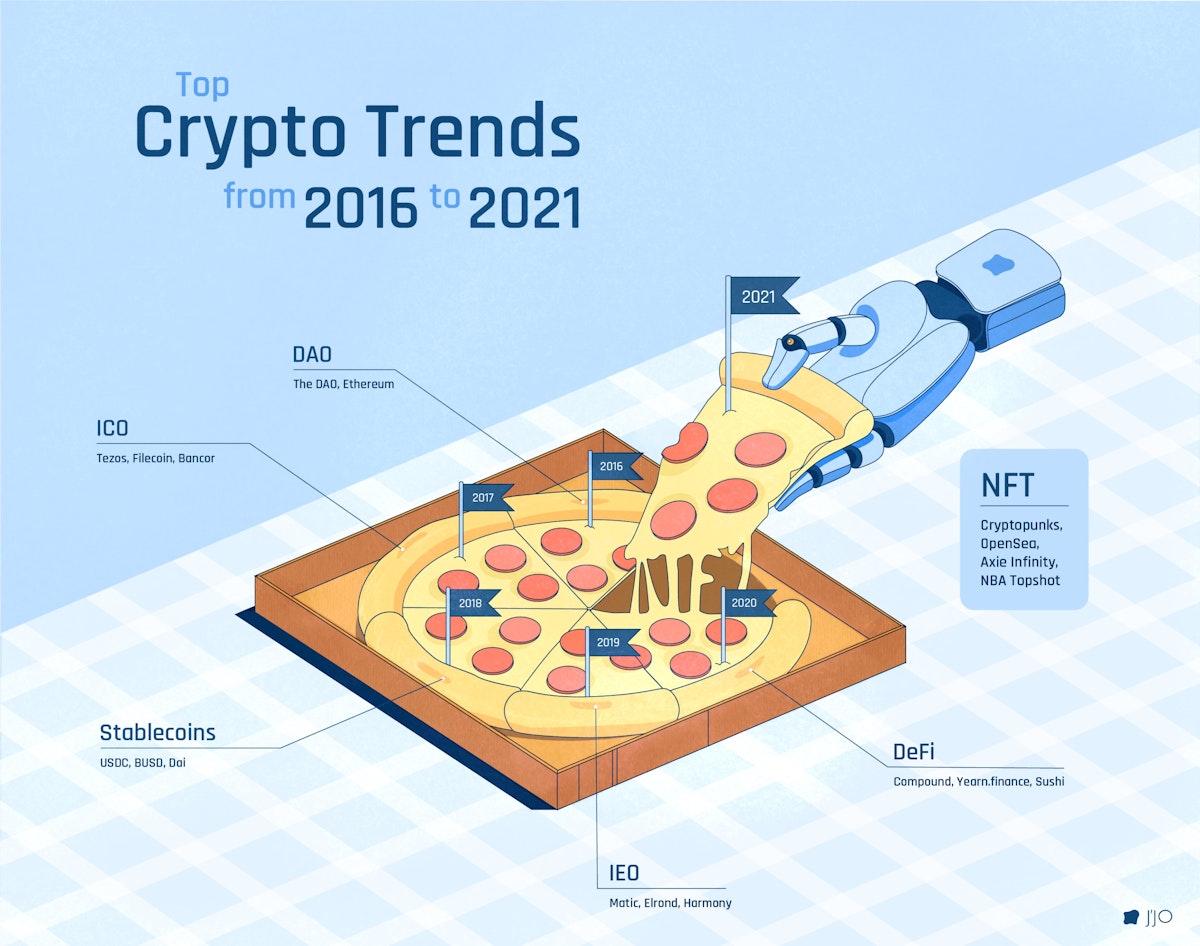cryptocurrency
Cryptocurrency
A cryptocurrency is a decentralized digital currency. It’s called cryptocurrency because all transactions are protected by cryptography. However, the revolutionary with cryptocurrencies is the blockchain technology https://prabhuweb.com/. This makes them completely decentralized. In other words, there is no bank, company or intermediary. By removing all middlemen you avoid expensive fees, long waiting times and the need to trust a third party. With cryptocurrency, you send money faster, cheaper and easier.
There are over 10,000 cryptocurrencies on the market today. It’s hard to keep track of all of them! On this page, you will find all cryptocurrencies with price graphs updated in real time. It’s easy to compare market capitalization, volume, supply and more between cryptocurrencies. Do you want to see prices in dollar (USD), euro (EUR), pounds (GBP) or any other currency? Choose anyone below! You can also search and sort between all cryptocurrencies.
Bitcoin’s price has skyrocketed as it’s become a household name. In May 2016, you could buy one bitcoin for about $500. As of Apr. 29, 2025, a single bitcoin’s price was around $83,664. That’s a growth of 12,668%.
All investments involve risk, and past performance is no guarantee of future results. Trading cryptocurrencies on margin carries a high level of risk, and may not be suitable for everyone. The reader is fully responsible for any investment decisions they make. We assume no liability for the completeness or accuracy of the information. This website does not replace a personal financial advisor, which should be consulted for investment or trading matters.In order to provide the best viewing experience, our site uses cookies. Our cookie policy and our terms and condition is accepted by using the website. Some of the offers in our comparison are from third-party advertisers from which we will receive compensation.
.jpg)
Cryptocurrency news
Cryptocurrencies are digital or virtual currencies that use cryptographic methods to secure transactions and control the creation of new units. Unlike traditional fiat currencies, which are issued and regulated by central authorities such as governments or central banks, cryptocurrencies operate on decentralized networks. These networks often employ blockchain technology, a public ledger system that records all transactions transparently and immutably.
NewsNow aims to be the world’s most accurate and comprehensive crypto news aggregator, bringing you today’s latest headlines from the best alt coins and crypto news sites. Whether it’s Bitcoin, Dogecoin, Diem, Ethereum or Ripple, Monero, Litecoin, Dash or NEM, we’ve got it covered.
undefined

Cryptocurrencies are digital or virtual currencies that use cryptographic methods to secure transactions and control the creation of new units. Unlike traditional fiat currencies, which are issued and regulated by central authorities such as governments or central banks, cryptocurrencies operate on decentralized networks. These networks often employ blockchain technology, a public ledger system that records all transactions transparently and immutably.
NewsNow aims to be the world’s most accurate and comprehensive crypto news aggregator, bringing you today’s latest headlines from the best alt coins and crypto news sites. Whether it’s Bitcoin, Dogecoin, Diem, Ethereum or Ripple, Monero, Litecoin, Dash or NEM, we’ve got it covered.
Cryptocurrency
In May 2020, the Joint Working Group on interVASP Messaging Standards published “IVMS 101”, a universal common language for communication of required originator and beneficiary information between VASPs. The FATF and financial regulators were informed as the data model was developed.
The rise in the popularity of cryptocurrencies and their adoption by financial institutions has led some governments to assess whether regulation is needed to protect users. The Financial Action Task Force (FATF) has defined cryptocurrency-related services as “virtual asset service providers” (VASPs) and recommended that they be regulated with the same money laundering (AML) and know your customer (KYC) requirements as financial institutions.
The rewards paid to miners increase the supply of the cryptocurrency. By making sure that verifying transactions is a costly business, the integrity of the network can be preserved as long as benevolent nodes control a majority of computing power. The verification algorithm requires a lot of processing power, and thus electricity, in order to make verification costly enough to accurately validate the public blockchain. Not only do miners have to factor in the costs associated with expensive equipment necessary to stand a chance of solving a hash problem, they must further consider the significant amount of electrical power in search of the solution. Generally, the block rewards outweigh electricity and equipment costs, but this may not always be the case.
As the first big Wall Street bank to embrace cryptocurrencies, Morgan Stanley announced on 17 March 2021 that they will be offering access to bitcoin funds for their wealthy clients through three funds which enable bitcoin ownership for investors with an aggressive risk tolerance. BNY Mellon on 11 February 2021 announced that it would begin offering cryptocurrency services to its clients.

